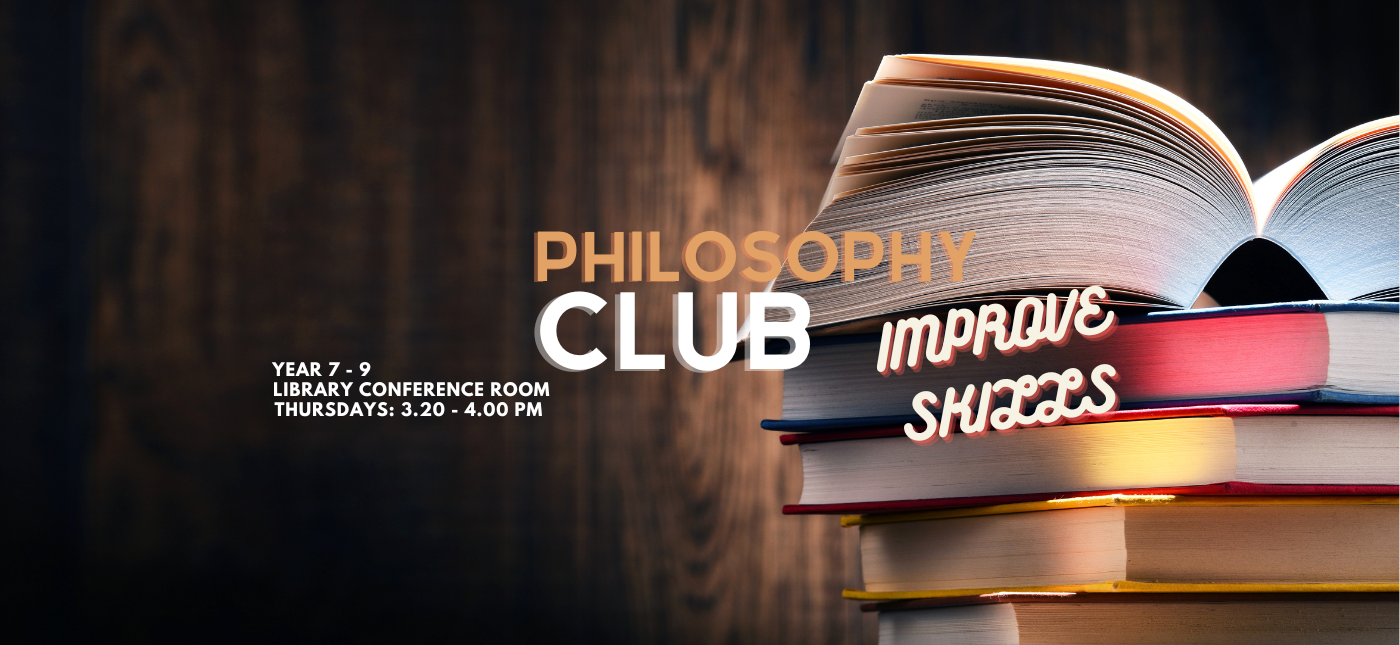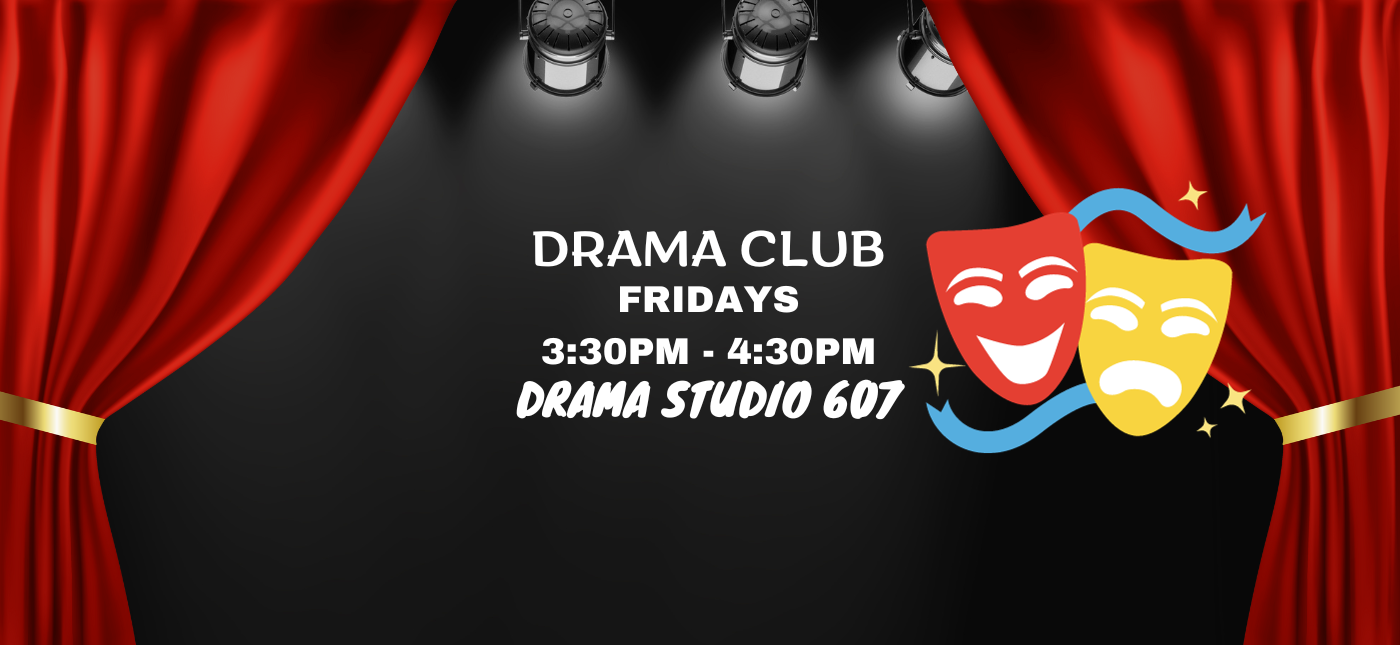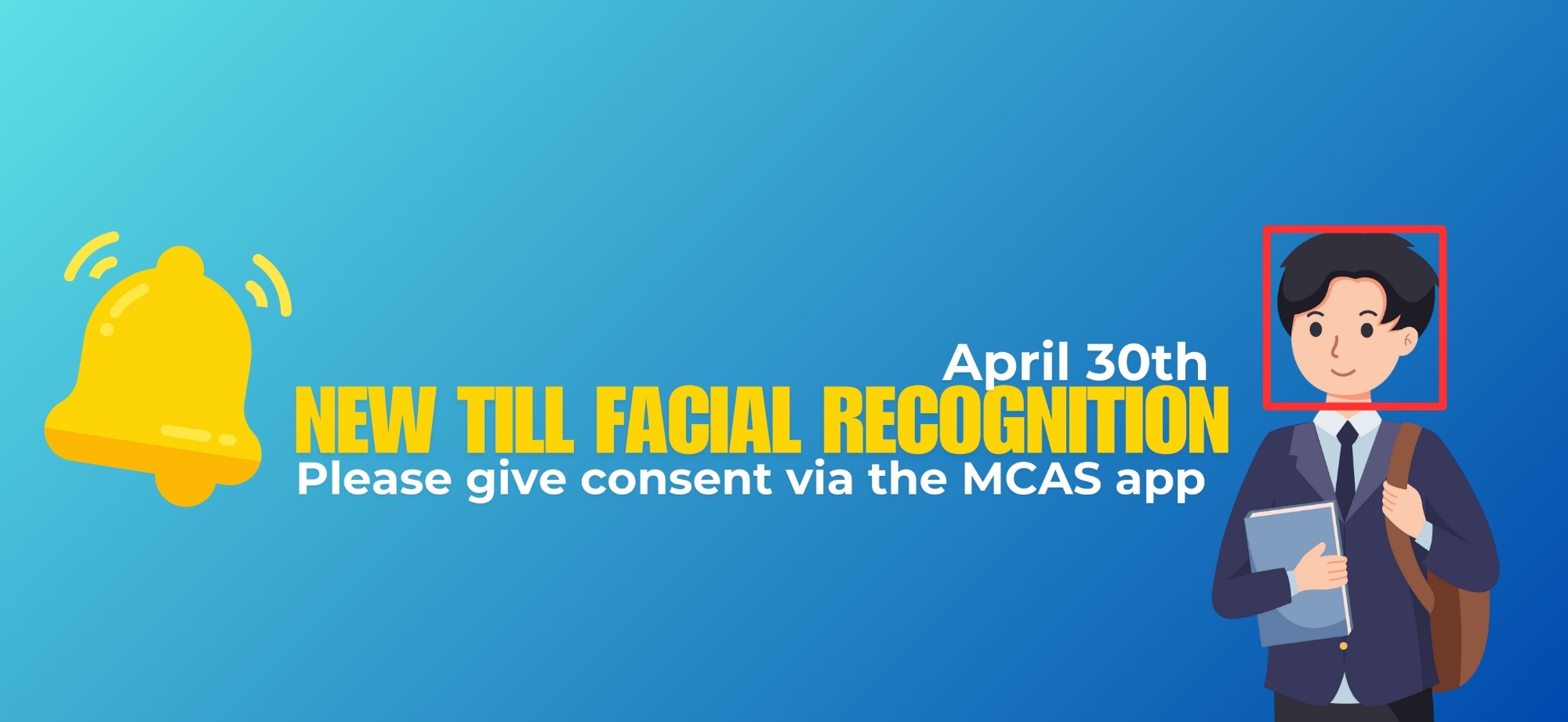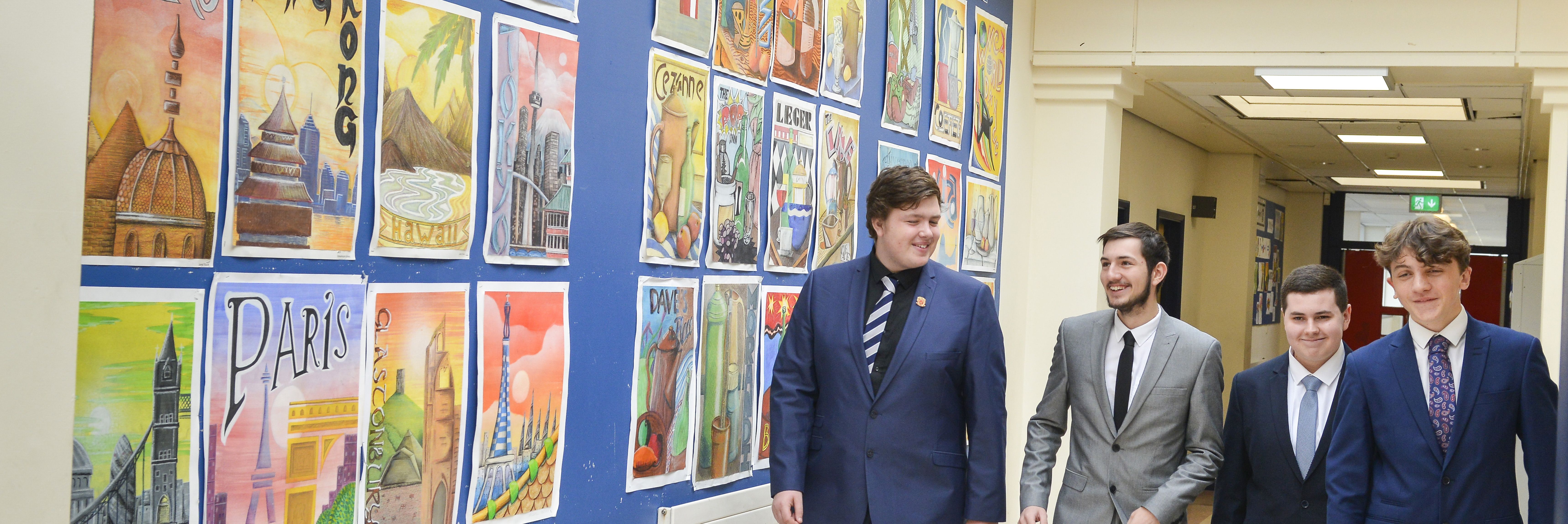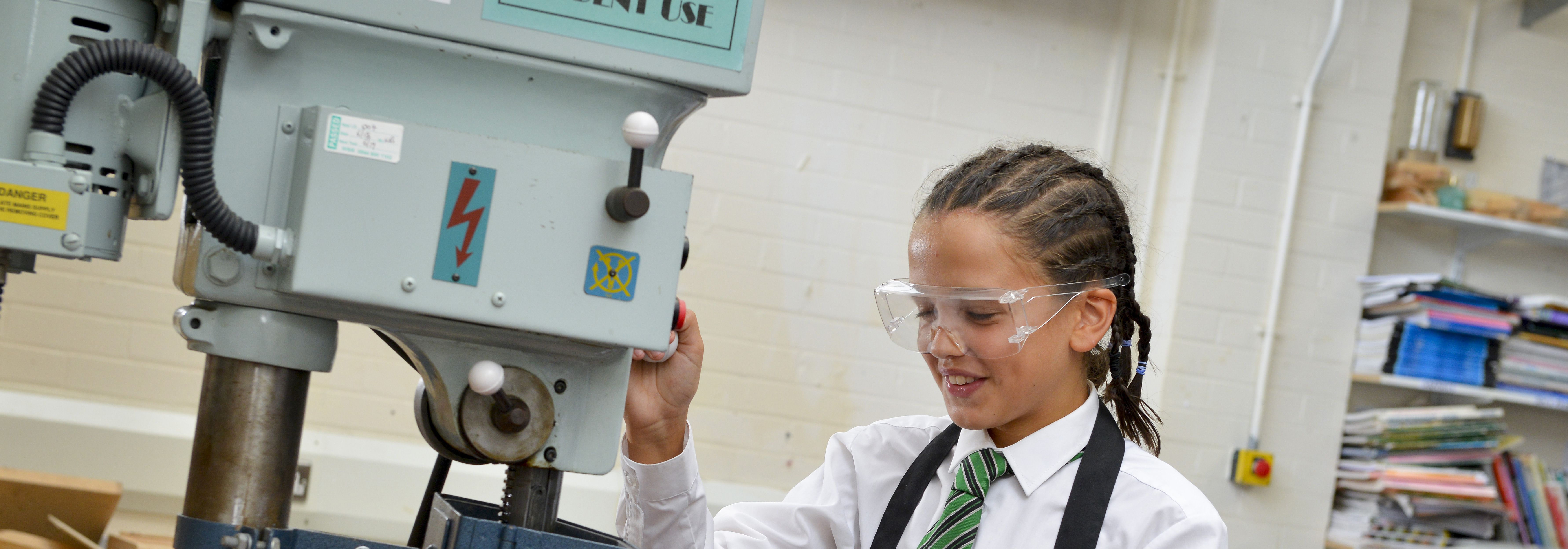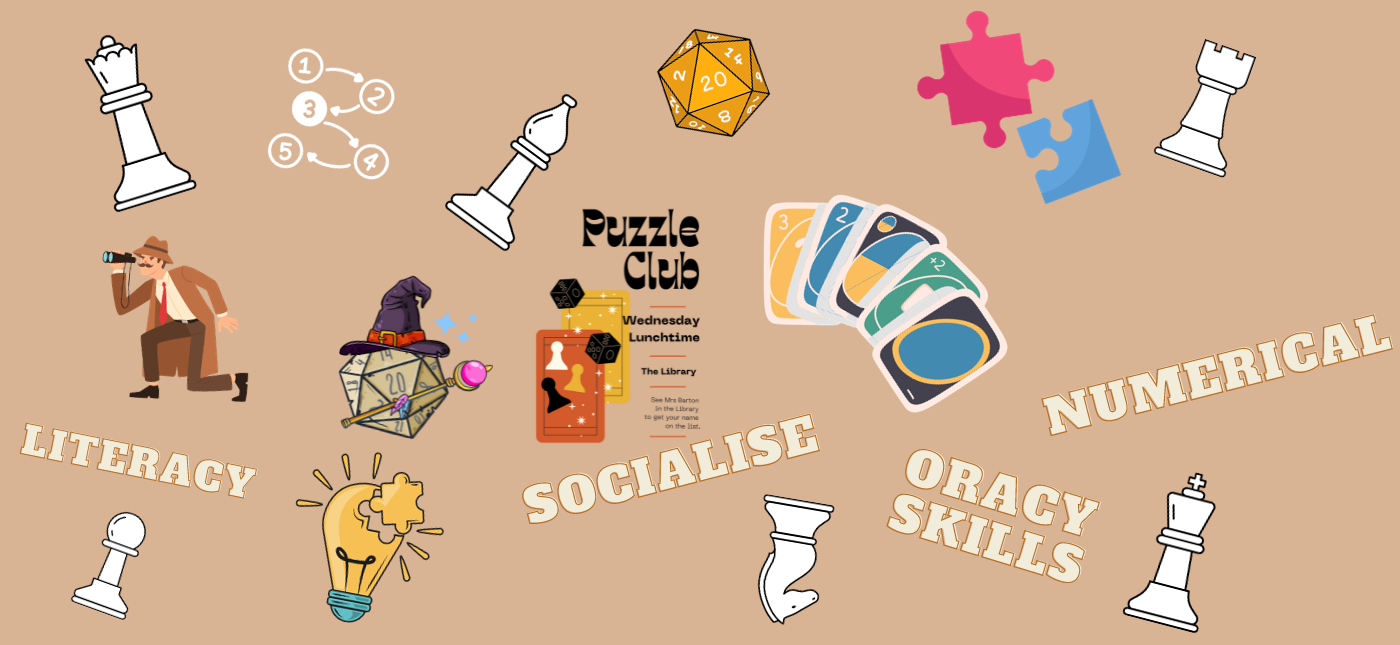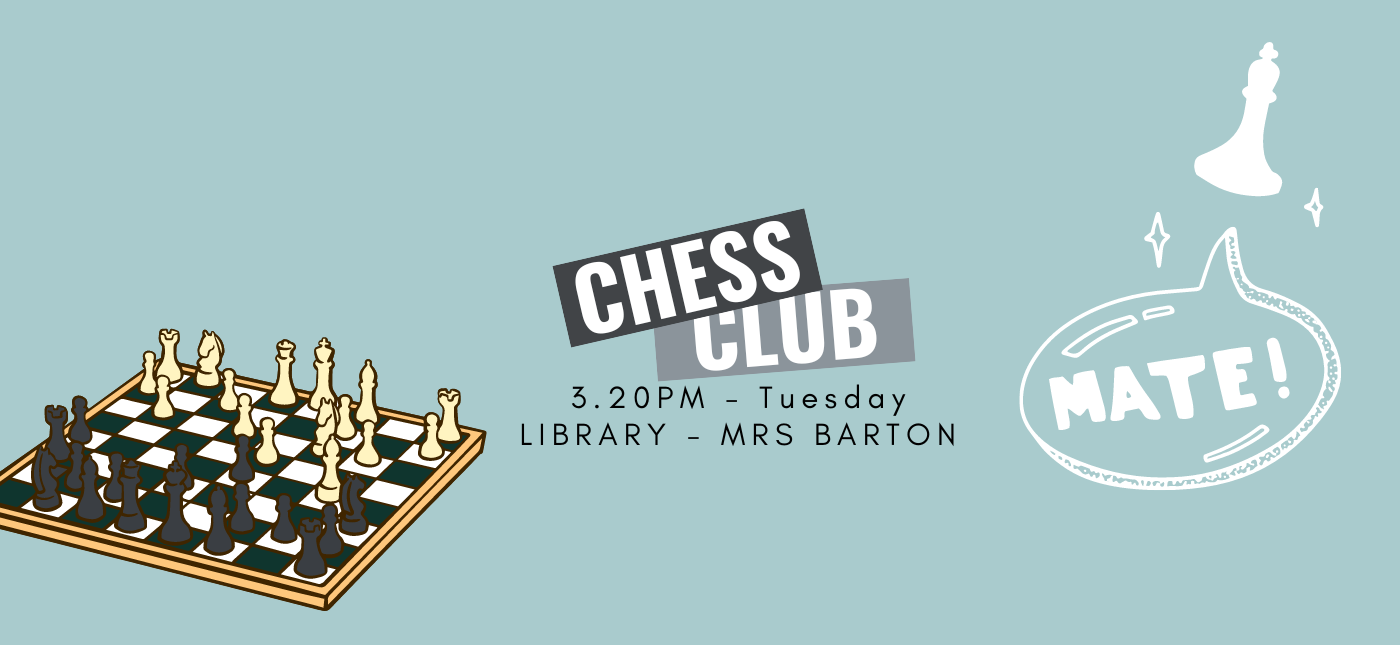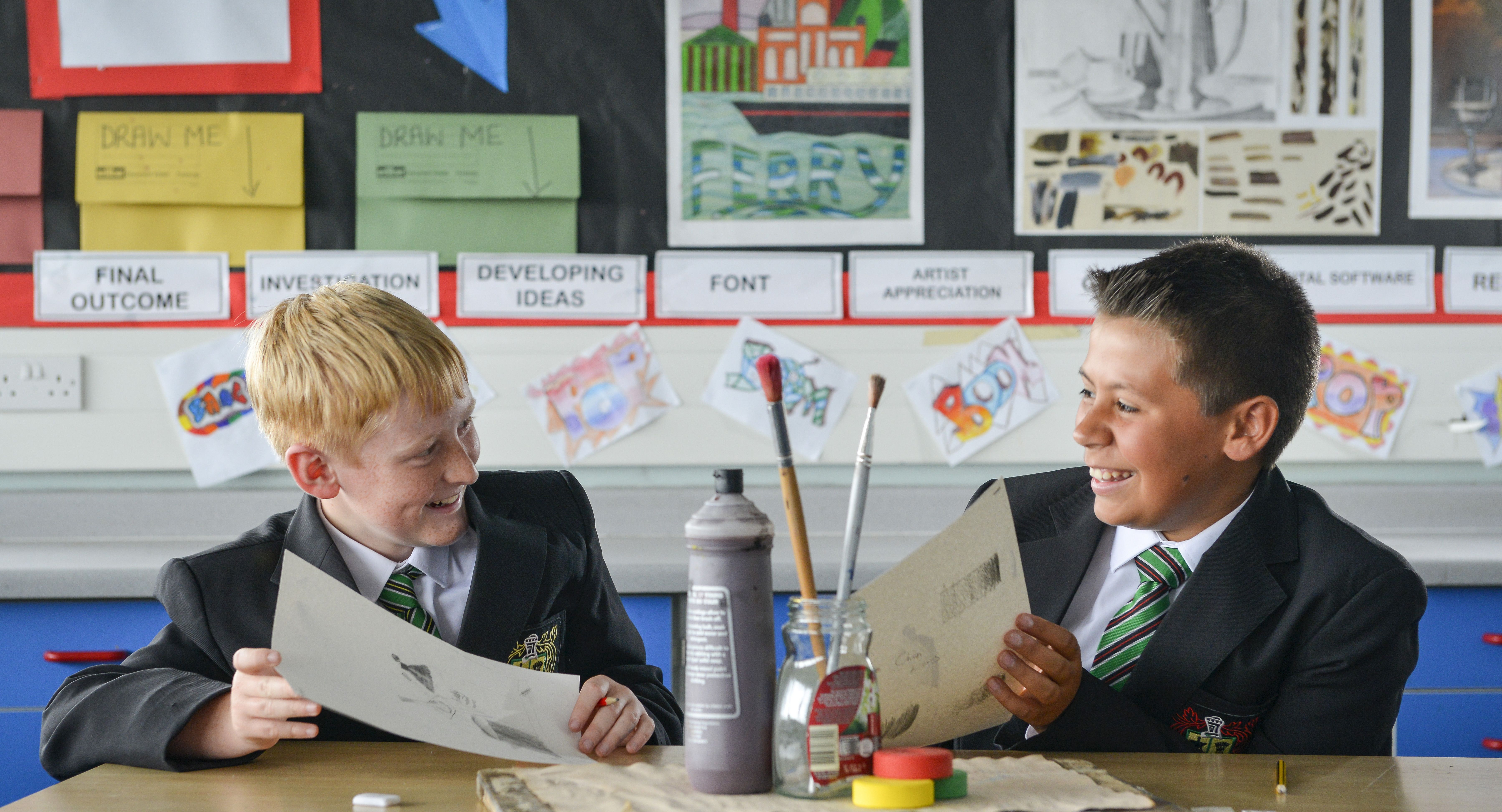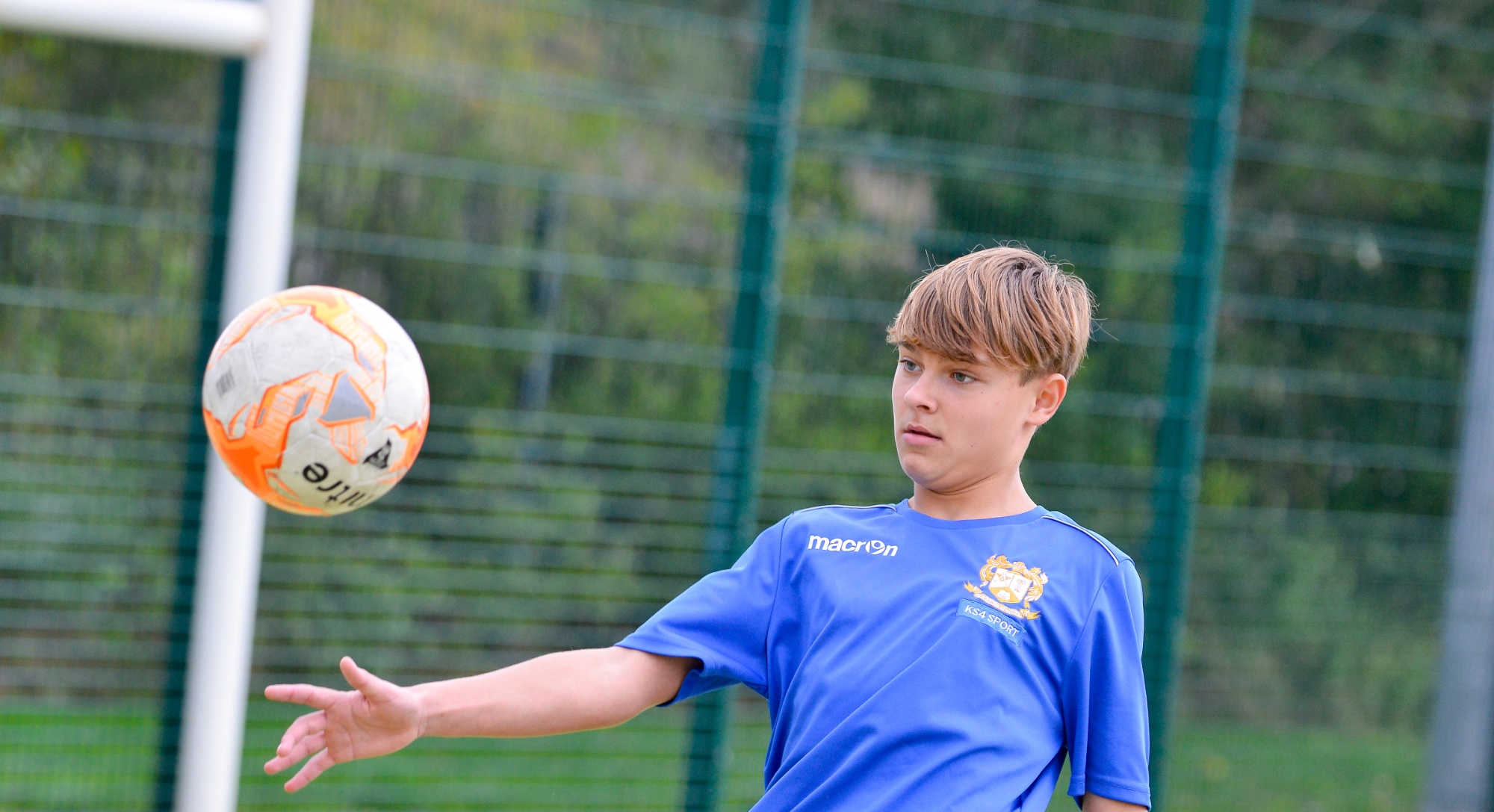Digital Media
“The mass media is a force for change… The traditional view of a woman as a housewife or low-status worker has been kick-boxed out of the picture by the feisty, successful ‘girl power’ icons. Meanwhile the masculine ideals of absolute toughness, stubborn self-reliance and emotional silence have been shaken by a new emphasis on men’s emotions, need for advice, and the problems of masculinity.” David Gauntlett
The study of the media is the study of humanity, culture and experience…what could be more compelling? Media Studies encourages students to become critical thinkers who can challenge the re-presented world they live in, thinking reflectively about the ideologies, politics and structural biases that sit behind the texts we consume every day. The economic importance of the media is unquestionable, and Media Studies allows studies to study commercial industries on a global scale, technological developments, relevant contexts and audiences.
Media Studies offers a broad base, giving students the opportunity to study film, television, magazine, advertising, radio and newspaper. Students also have the opportunity to apply their understanding of representation, audience, industry and media language by creating their own production.
Overview KS4
This is an exciting and innovative course, which encompasses a broad base of media texts. The units studied in Year 10 provide a foundation for analysing media products, introducing students to media language and representation issues as well as media industry structures and audience demographics and targeting. Learners will also begin to explore how media products reflect, and are influenced by, the social, cultural, historical and political contexts in which they are produced.
In Year 11 students gain a deeper knowledge and understanding of media language and representation, as well as extending their appreciation of these areas through the study of media industries and audiences.
The course also involves an exciting production piece in which students will be able to act on their knowledge and understanding of media texts and produce one of their own. The production tasks are designed to suit a variety of students with a range of skills. Learners must apply their knowledge and understanding of media language and representation to an individual media production for an intended audience in response to a choice of briefs set by Eduqas.
When studying texts, we teach students to engage with the five pillars of media analysis:
- Representation
- Audience
- Industry
- Media Language
- Context
By exploring these five elements, students will become adept in analysing the intent and impact of a wide range of media products.
Although delivery may vary slightly depending on circumstances, as well as the needs of specific groups, the structure of the year is as follows:
Year 10
| Term 1 | Term 2 | Term 3 |
|
|
|
Year 11
As students move into their second year of formally studying the media, they must work hard to keep revisiting the texts that they studied in Year 10. Using their Knowledge Organisers regularly will not only aid memory of key texts but will help them to apply new knowledge of theories or perspectives. The most competent Media Studies students are, unsurprisingly, those who have regularly revised the course content without needing to be directed by their teacher.
Teachers will, of course, encourage students to revisit previously taught content by using quizzes throughout the year to encourage recall.
| Term 1 | Term 2 | Term 3 |
|
|
|
5 Ways I can help my child
| 1 | Encourage your son/daughter to consume a range of media texts, including texts that they might not necessarily enjoy for their own sake. The most competent students of Media Studies tend to be those who read widely (and when we say “read” in the context of Media Studies, we mean visual and audio texts as well as literary ones!). |
| 2 | Share your own responses to media texts and be prepared to debate with your child! Ask your child to reflect upon how their own reception of texts has changed since they began to study the media objectively. |
| 3 | Encourage your child to be a critical thinker. It is important for Media Studies students to always be conscious of the producer behind the text…what agenda, purposes and biases sit behind the texts that we consume? |
| 4 | Remind your child about the importance of regularly revising previously taught content by using knowledge organisers to self-quiz. Even if it has not been explicitly set as homework, revisiting content is vital to embed knowledge and support future study. |
| 5 | Promote creativity – if your child owns a smartphone, encourage them to use it to experiment with photography. Some students find the NEA unit challenging because they are not used to taking photographs for a specific purpose. Taking photographs for imagined briefs (such as an album cover for a new band, or film poster for a thriller or romantic comedy) might feel a little odd, but it will be excellent preparation for their coursework, as well as any subsequent forays into the field of modern media. |




